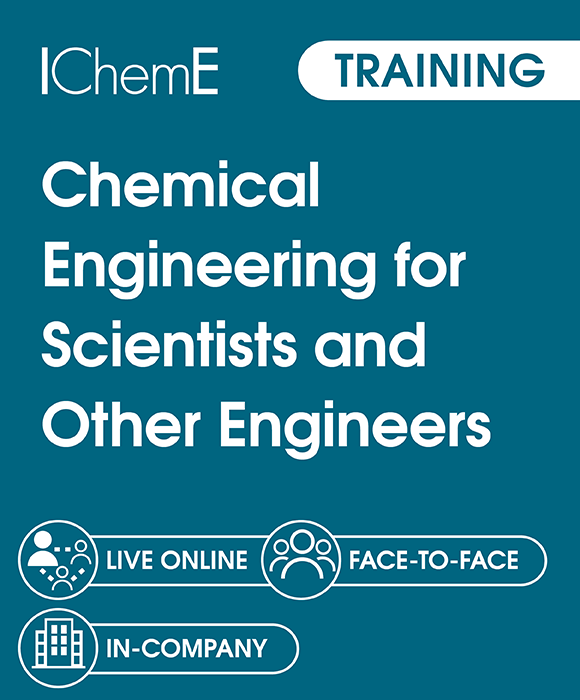RSC calls for more UK investment in chemistry labs

TECHNOLOGICAL innovation in the UK is “stuck” as startups struggle to access the appropriate research facilities, according to a report published by the Royal Society of Chemistry (RSC).
The society found a shortage of lab facilities, particularly for supporting deep tech chemistry, is a “persistent” barrier for small business and startups trying to expand.
A report last year from property company Bidwells found that demand for lab space at Oxbridge far outstripped supply. Bruntwood SciTech expanded the research and found that lab shortages were countrywide.
Key issues
Deep tech chemistry was introduced by the RSC to describe a subgroup of chemistry startups emerging in the UK.
These businesses are developing complex tools, including AI, advanced materials and manufacturing, and genomics to develop solutions for climate change, recycling, and pharmaceuticals.
The RSC pinpointed several issues hindering increased lab and facilities development in the UK, namely lack of investment, a complex planning environment, and chemistry-specific requirements.
Government funding into the UK R&D sector has steadily increased since 2019, with the latest ONS report on expenditure recording an investment of £15.5bn (US$20.8bn) in 2022.
However, the UK’s average spend on R&D projects is significantly lower than other economies, with current spending at just under 2% of its GDP on investment. In contrast, Israel and Germany spend around 5% and 3.2% of their respective GDPs on R&D.
Stakeholder support
To tackle the lab shortage, the RSC has launched the More ChemLabs initiative to rally stakeholders in the property, investment, and campaigning sectors to build on the report’s recommendations.
These include more investment for lab facilities which have complex space requirements, including robust air handling requirements and wet lab areas, and improved collection of data by planners so that demand for deep-tech chemistry labs can be better assessed and applied.
Recent Editions
Catch up on the latest news, views and jobs from The Chemical Engineer. Below are the four latest issues. View a wider selection of the archive from within the Magazine section of this site.






